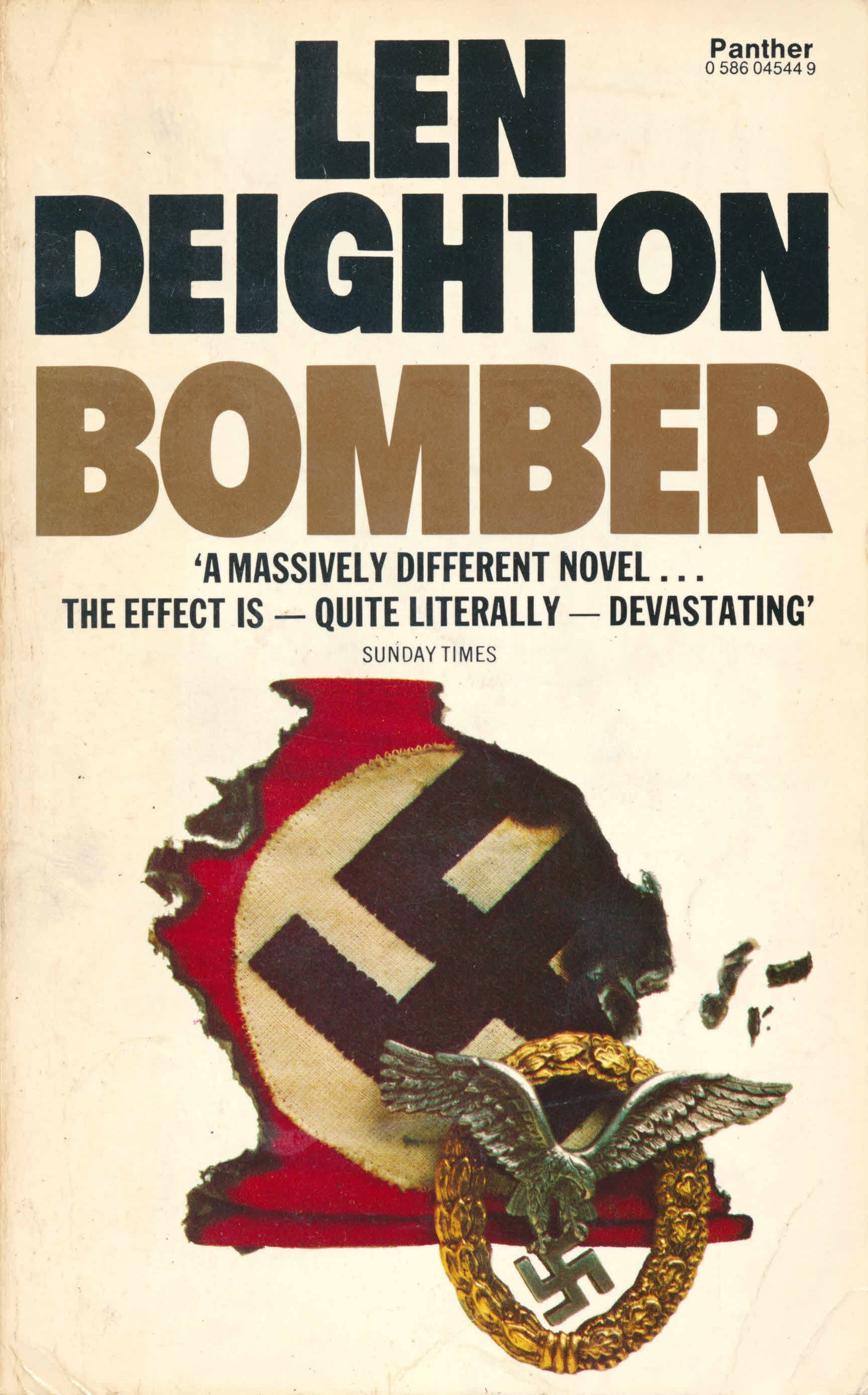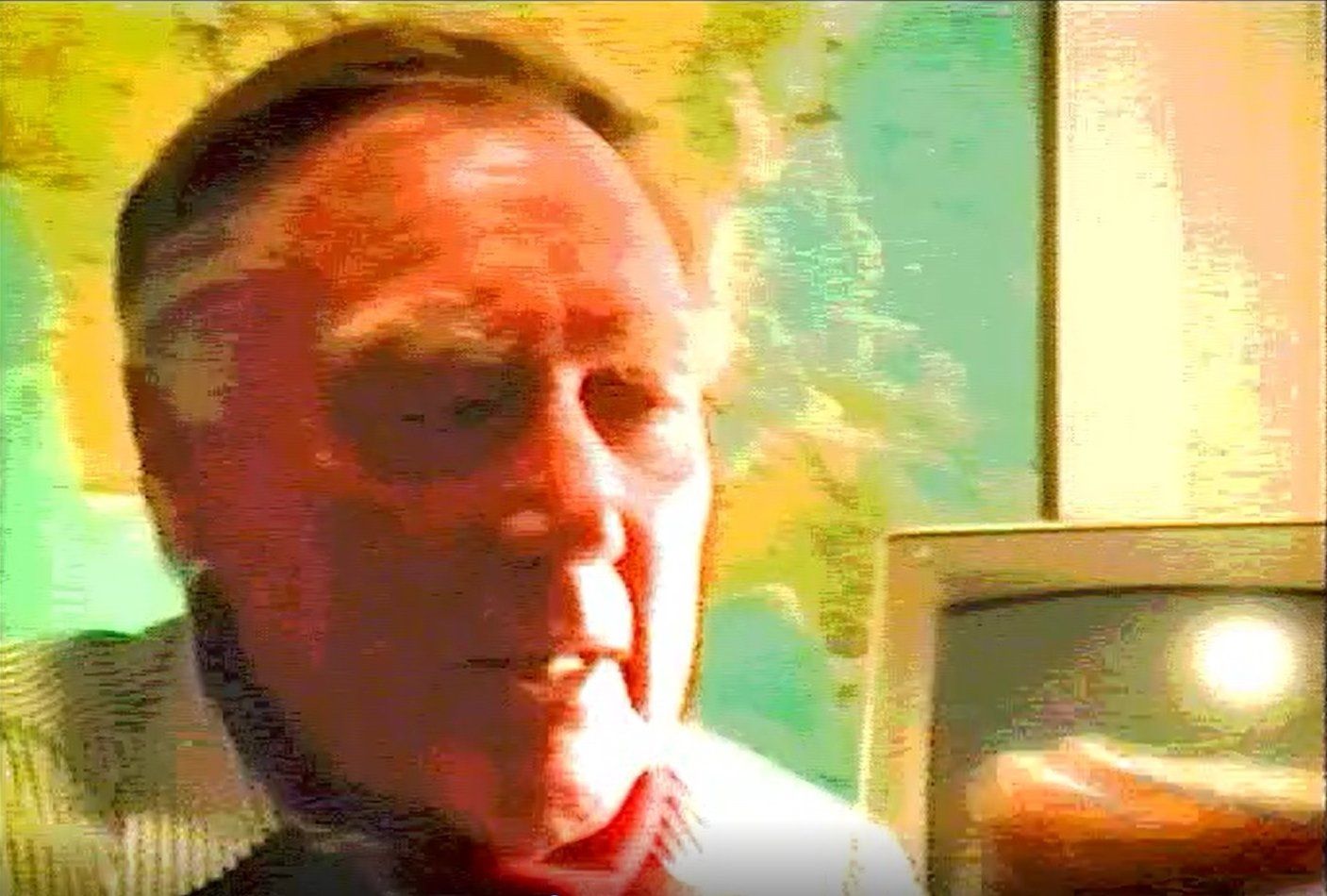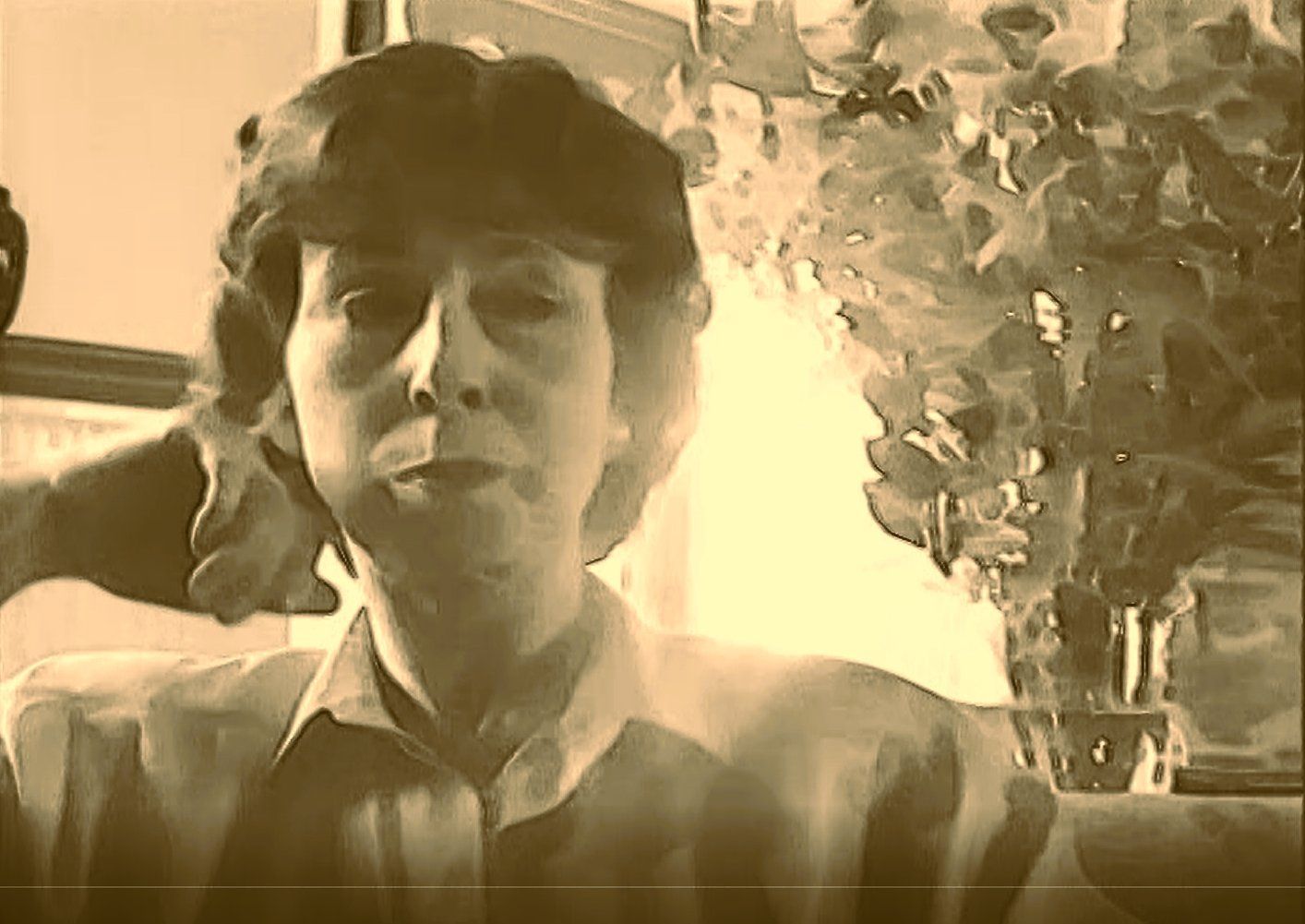GB Films
BOMBER
I recorded the veteran interviewees for the radio drama version of Len Deighton's BOMBER not only in broadcast quality sound, but also with a locked-off VHS camera. I have RAF aircrew and groundcrew and WAAF's; Luftwaffe aircrew and ground staff, and German civilians.
I'm putting them up on this page from spring 2022 so take a look and see how far I've got...
Hamish, Harris and Cologne
I know you all know who Hamish Mahaddie was so I won't go into all that, so let's concentrate on his conflict with Harris about Pathfinders, and his take on the late May 1942 raids on Cologne - The Greatest Confidence Trick of the Entire War.
Hamish, Hitler and Oboe
Hamish Mahaddie talks us through using Oboe from the pilot's perspective. I hadn't heard the Hitler aspect to it before. By the way I'm tweaking the lower quality VHS tapes from their original super-grainy colour into, in this case, a deliberately stylised black and white. I'm open to comments on different ways of treating footage.
Eileen Richards: After the Raid
WAAF Eileen Richards: what a conversation this was. I asked her about groundcrew waiting for the returning bombers and their crews.
Peter Spoden: Himmelbett Tactics
This is Peter Spoden, a Luftwaffe nightfighter ace. Here he talks us through the Himmelbett method of nightfighting. I'm letting it run quite a bit because he really does take us through the two-way with his ground controller, and then his onboard radar operator. Spoden shot down 24 British bombers in total, and as he says here, he got three in one night. I never quite know how I feel about that.
Peter Spoden: Attack the Bomber or the Crew?
This is in two parts. Peter Spoden talks us through the visual appearance of the bombers from beneath (I've always found the idea the exhausts were effectively lighting up the bomber quite striking), and mentions them flying together for mutual protection which I hadn't heard elsewhere. I then tackled him on the notion of shooting to kill the men in the plane or shooting to destroy the aircraft.
Eileen Richards: WAAF Drivers
I asked about the daily duties and the dangers of being on an active airfield.
Peter Spoden: Why He Shot At The Fuel Tanks
I suggested fuel tanks or aiming at the men in the plane - what was the difference? The result was going to be the same, after all. And he replied with this answer, with clerical aspects I hadn't suspected
Norman Abernethy: Early Direction Finding
Norman Abernethy was a Wellington navigator. Here he talks us through how to use the Direction Finding loop. He then goes on to taking two sequential sightings off a flare which seems bizarre but I can see how it would work.
Peter Spoden: Using Forward Firing Cannons
We know about Schrage Musik but this was the old-fashioned rear attack that features so often in BOMBER. As well as weaving and corkscrewing.
Norman Abernethy: High Jinks in the Mess
Norman deconstructs the myth of the wartime RAF mess. Not a man for 'banter' I'm guessing. I glad to say the duck story has a happy ending, though it certainly starts ominously.
Norman Abernethy: Practicalities of Navigation
I love this sort of clip, because Norman has got a genius for creating a word picture. I've clambered into a Wellington many times through his gift.
Norman Abernethy: Ice Inside the Aircraft
Norman Abernethy and the amazing unexpected consequences of ice - on the map, on the fingers, on your mask.
Norman Abernethy: Ice Outside the Aircraft
Norman takes us on a guided tour inside - the noise, the heat/cold, air pockets and then takes us outside for icing conditions.
Frau Falck and the Christmas Trees
I'm afraid I don't know Frau Falck's first name - Wolfgang Falck being the nightfighter boss, more from him to follow. As I was interviewing him the similarities between her experience and life in BOMBER's fictional Altgarten became so apparent I quickly interviewed her before catching the plane home from Munich. And thank goodness I did. Here she describes the target markers called Christmas Trees which she saw marking the town of Lodz in Poland.
Frau Falck, the Air Mine and the Phosphor Bombs
Frau Falck gives us lots of detail on British bombs, using the names Germans gave to their own bombs. We'd probably call the Air Mines she refers to as 'Cookies' and Phosphor Bombs as 'incendiaries'.
Frau Falck and the Burning of the Kremlin
Frau Falck is evacuated out of a theatre in Berlin into what appears a more dangerous situation. She then talks about the normalisation and comradeship of being bombed. Towards the end, if you don't quite catch it, she's referring to the Kremlin when she uses the German word Kreml.


